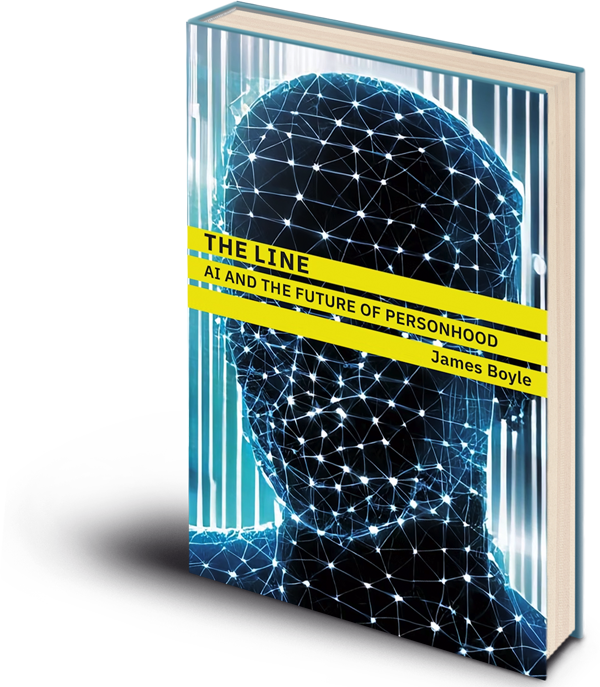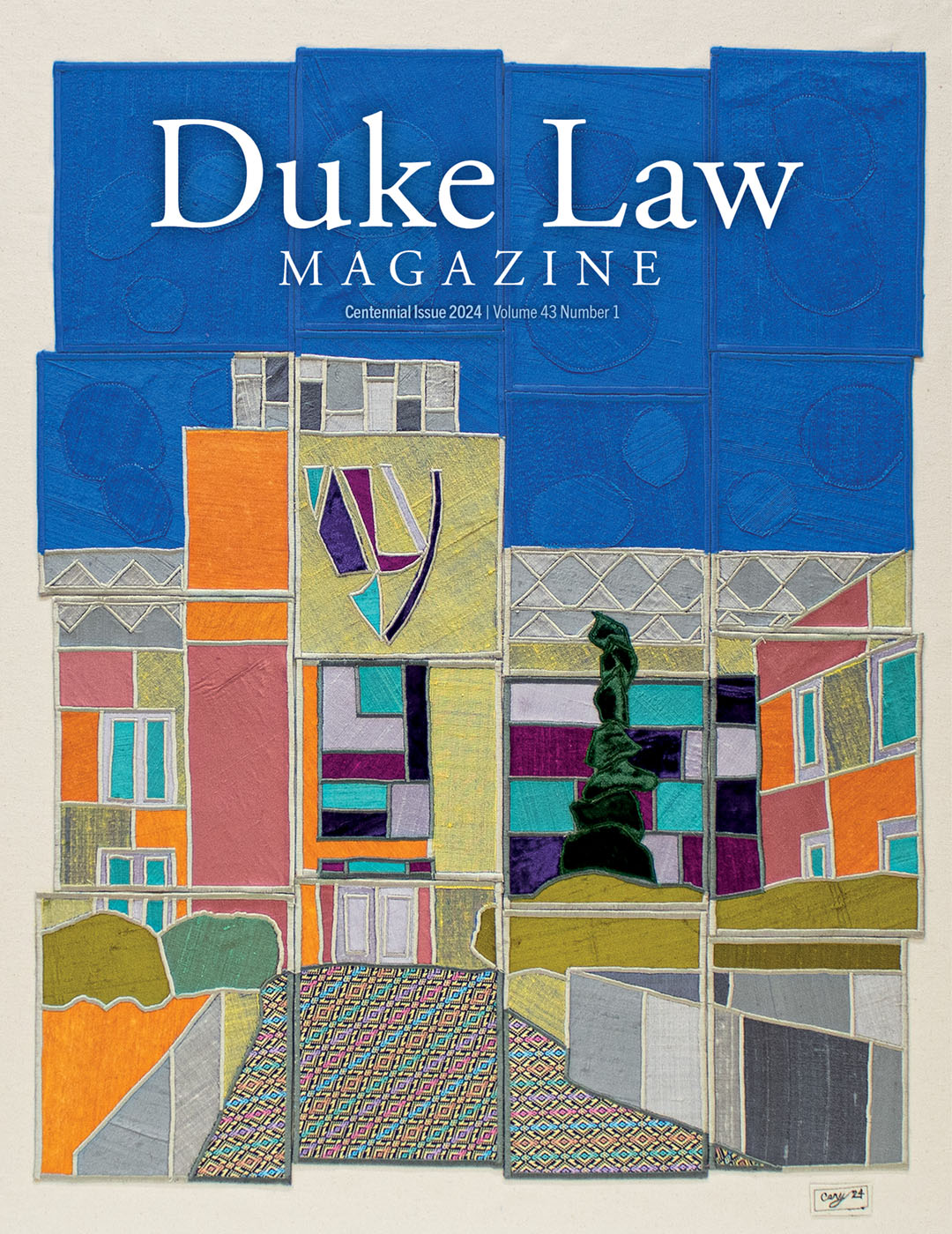Faculty Books

Thomas L. Perkins Distinguished Professor of Law Doriane Lambelet Coleman published On Sex and Gender: A Commonsense Approach (Simon & Schuster, May 2024), in which she charts a middle path through one of the most hotly debated issues in American culture and politics, arguing for a “sex smart” – not “sex blind” – approach that respects and supports the needs and rights of women, men, and transgender people while acknowledging the scientific basis of biological sex differences.
Aimed at readers caught between ideological extremes, those who Coleman describes as “inclined to be both inclusive and true to the science,” On Sex and Gender addresses fundamental questions on the definition of sex as opposed to gender, the role of sex in our everyday lives, and how sex should be reflected in law and policy.

It is based on Coleman’s 2002 article Sex Neutrality as well as her earlier writings on sex classifications in competitive sport and collaborations with scientists and policymakers in medical research and sport.
An interdisciplinary scholar whose work focuses on women, sports, children, and law, Coleman co-directs the Center for Sports Law and Policy at Duke Law. She is also a former national collegiate track champion who writes and speaks frequently on issues including sex-based eligibility in female competition.

Joseph Blocher, Darrell A. H. Miller, and Jacob D. Charles ’13, editors, published New Histories of Gun Rights and Regulation: Essays on the Place of Guns in American Law and Society (Oxford University Press, Oct. 2023), in which social scientists, historians, and legal scholars bring varying methodologies to topics such as feminism and armed self-defense, the consequences of brandishing weapons in public, the history of private militias employed by corporations, and gun regulations targeting “dangerous” groups.
In their introduction, Firearms Law and History in a New Doctrinal Era, the editors place the essays in the context of the Supreme Court’s 2022 ruling in Bruen establishing a new historical tradition test for firearms regulations. By shining a light into less-examined corners of American history, they write, the authors offer new insights on the place of guns in American law and society.
Blocher, the Lanty L. Smith ’67 Distinguished Professor of Law, and Miller, professor of law at the University of Chicago, are co-founders of the Duke Center for Firearms Law. Charles, the center’s former executive director, is an associate professor at Pepperdine University Caruso School of Law.


Professor of Law H. Jefferson Powell has published his 15th book, The Foundations of American Law: A Companion to the 1L Year (Carolina Academic Press, March 2024). Written for both first-year law students and laypersons, the book introduces readers to the assumptions about American law and legal argument that inform how lawyers and judges read legal documents and consider legal problems.
Through discussions of the origins of American law, how English common law influenced its development, and its evolution from the founding era on, Powell, a leading scholar and practitioner of constitutional law, examines the presuppositions behind modern legal thought and illustrates the ways lawyers use language to deploy legal questions and authority in answering legal questions.

The idea for the book originated in a series of lectures Powell gave to 1Ls that Duke Law colleagues suggested might form the basis for a book, he writes. The book, he says, “attempts to … inform the reader of what, speaking personally, I wish someone had simply told me in my first year of law school.”

Professor James Boyle explores how artificial intelligence is challenging our concept of who — or what — is a person in The Line: AI & the Future of Personhood (MIT Press, Oct. 2024). Boyle writes that emergence of technologically created artificial entities — such as chatbots with their often startling ability to emulate human language and transgenic species — will force a reexamination of what it means to be human, and compel society to defend or redefine the “line” we believe separates Homo sapiens from the rest of the world – and also separates “persons” with legal and moral rights from objects.

Boyle says he began the book asking whether artificially created entities, including transgenic species, would ever be considered legal and moral persons. “And then I realized, about five years into the project, that it was just as likely that we would learn an enormous amount — looking at AI — about ourselves. That, in fact, the mirror would be looking back at us.”
Boyle is the William Neal Reynolds Distinguished Professor of Law and founder of the Duke Center for the Study of the Public Domain. A longtime proponent of open access, he has made The Line available free to download under a Creative Commons license.

